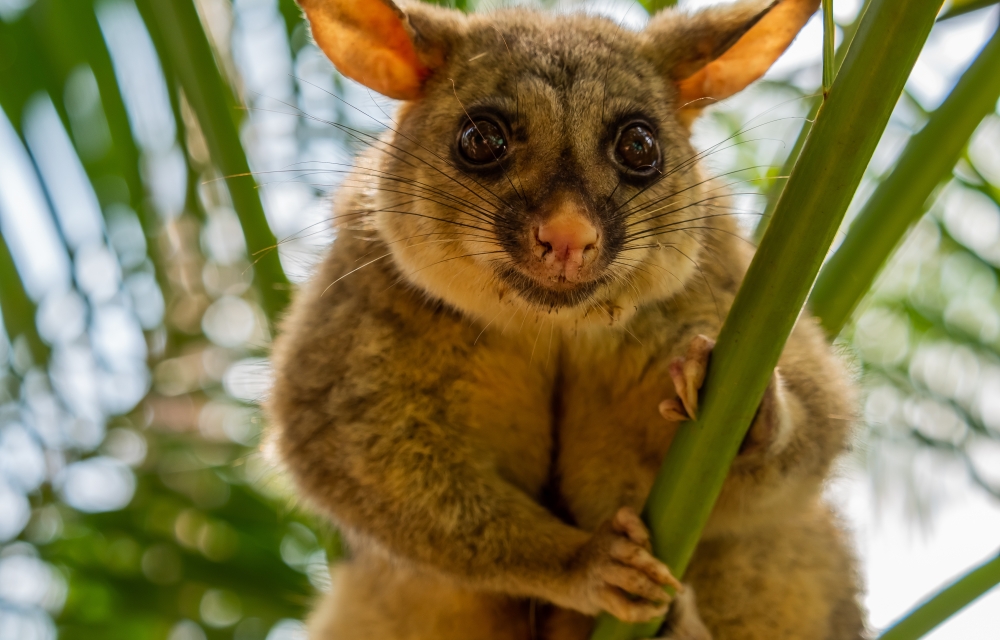Wildlife
The Department of Energy, Environment and Climate Action (DEECA) looks after wildlife in Victoria. Find contact information for DEECA here if you have found sick, injured or orphaned wildlife.

Help for injured, sick or orphaned wildlife
If you find injured, sick, or orphaned wildlife on the side of the road, please contact Wildlife Victoria on 8400 7300
Australian wildlife is protected
All native wildlife is protected under the Wildlife Act 1975. The Act:
- protects and conserves wildlife
- prevents wildlife from becoming extinct
- regulates who cam handle or remove wildlife (including healthy, sick, injured, or dead wildlife)
- regulates wildlife on private and public land.
I think someone is hurting or killing wildlife near me
If you believe someone is killing or injuring wildlife, please contact DEECA on 136 186 or make a report to Crime Stoppers Victoria on 1800 333 000.
Some wildlife deaths may need to be investigated. Any suspicious deaths should be reported to DELWP on 136 186 for investigation.
Possums
Possums are protected under the Wildlife Act 1975. While relocation of problem possums is prohibited, other control options may be available.
Relocating possums is both illegal and inhumane. A study by Deakin University showed that relocation was harmful to possums.
You can find out more about controlling problem possums on DEECA's website.
Swooping birds
All Victorian native wildlife is protected and it is illegal to harass or harm native birds.
Swooping birds can be a frightening experience. However, not all birds swoop during breeding season, so don't be worried if there are magpies or other common swooping birds in the area.
Native rats
Ballarat is home to native water rats called rakali. These animals can grow to be as big as a medium-sized platypus and they look like a small otter.
Rakali can be found commonly around Lake Wendouree and can be easily identified by the white tip on their short tail. As rakali are native animals they are protected by Victorian law.
The Australian Platypus Conservatory keeps a database of rakali sightings to help understand where they are living in Australia. If you see a native water rat around Lake Wendouree, you can fill out the Australian Platypus Conservatory's reporting form to help them continue to protect this native species.
What can City of Ballarat do?
City of Ballarat council officers cannot remove wildlife under the Wildlife Act 1975. Council officers can:
- get veterinary help for sick or injured wildlife if a DEECA wildlife officer is not available
- attend to and remove deceased wildlife on council roads.
Pests and pest control
Pests are non-native animals and insects that can affect your property, and enjoyment of our city.
Find out more about pests on our pests and pest control page.